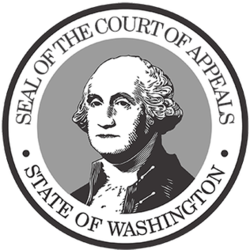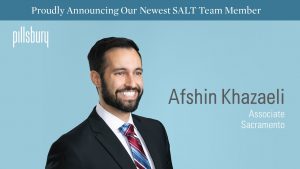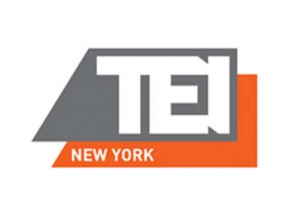(This article originally was published by Law360 on January 16, 2020.)
The saga continues in Arizona v. California, Arizona’s U.S. Supreme Court challenge of California’s tax reach, but signs are strong it may be ending soon.
Last year, Arizona filed a motion to the court seeking to file a complaint against California under the court’s original and exclusive jurisdiction over controversies between states.1 Arizona contends California assesses and enforces its doing business tax (i.e., an $800 annual and minimum tax imposed on businesses doing business in the state) so expansively that it unconstitutionally “reaches out-of-state companies that do not conduct any actual business in California, and indeed have no connection to the state except for purely passive investment in California companies.”2
 SeeSALT Blog
SeeSALT Blog


 The Washington Court of Appeals held that Gartner, Inc.’s online research service was a digital automated service subject to the state’s retail sales tax and retailing Business and Occupation (B&O) Tax. Gartner, Inc. v. Washington Department of Revenue, No. 51637-3-II (Wash. App. Div. 2 Jan. 13, 2020). This decision addressed the scope of Washington’s “human effort” exclusion from the retail sales tax, the applicability of the “bundled transaction” and “true object” tests to offerings that contain taxable and nontaxable components, and the Internet Tax Freedom Act.
The Washington Court of Appeals held that Gartner, Inc.’s online research service was a digital automated service subject to the state’s retail sales tax and retailing Business and Occupation (B&O) Tax. Gartner, Inc. v. Washington Department of Revenue, No. 51637-3-II (Wash. App. Div. 2 Jan. 13, 2020). This decision addressed the scope of Washington’s “human effort” exclusion from the retail sales tax, the applicability of the “bundled transaction” and “true object” tests to offerings that contain taxable and nontaxable components, and the Internet Tax Freedom Act. On December 26, 2019, the New York State Supreme Court Appellate Division issued a strong rebuke to retroactivity by holding that a law with a 97-day retroactivity period violated the taxpayer’s Due Process rights.
On December 26, 2019, the New York State Supreme Court Appellate Division issued a strong rebuke to retroactivity by holding that a law with a 97-day retroactivity period violated the taxpayer’s Due Process rights. 
 Tax Executives Institute’s New York Chapter presents its 56th Annual Tax Symposium on December 12! The Symposium offers three concurrent technical tax sessions for Federal, State and Local and International Taxes with a wide range of important topics and great speakers. The State and Local Tax session will feature a New York Update Session with Michael Schmidt, New York State Commissioner – Department of Taxation and Finance and Deborah Liebman, Deputy Counsel, New York State DTF. In addition, acting Director, Division of Taxation, John Ficara will be joining for a New Jersey Tax Reform 2019 Edition discussion.
Tax Executives Institute’s New York Chapter presents its 56th Annual Tax Symposium on December 12! The Symposium offers three concurrent technical tax sessions for Federal, State and Local and International Taxes with a wide range of important topics and great speakers. The State and Local Tax session will feature a New York Update Session with Michael Schmidt, New York State Commissioner – Department of Taxation and Finance and Deborah Liebman, Deputy Counsel, New York State DTF. In addition, acting Director, Division of Taxation, John Ficara will be joining for a New Jersey Tax Reform 2019 Edition discussion. Pillsbury has earned a total of 154 national and regional practice rankings in the latest U.S. News – Best Lawyers 2020 Best Law Firms survey.
Pillsbury has earned a total of 154 national and regional practice rankings in the latest U.S. News – Best Lawyers 2020 Best Law Firms survey.